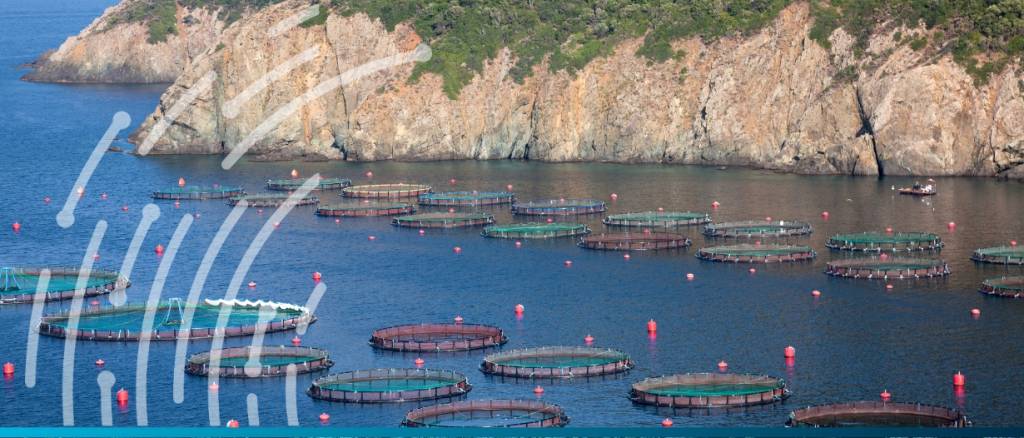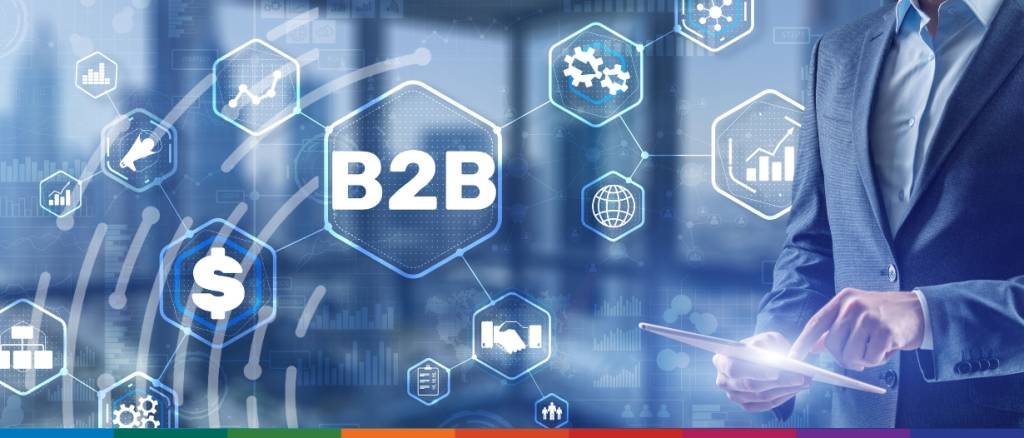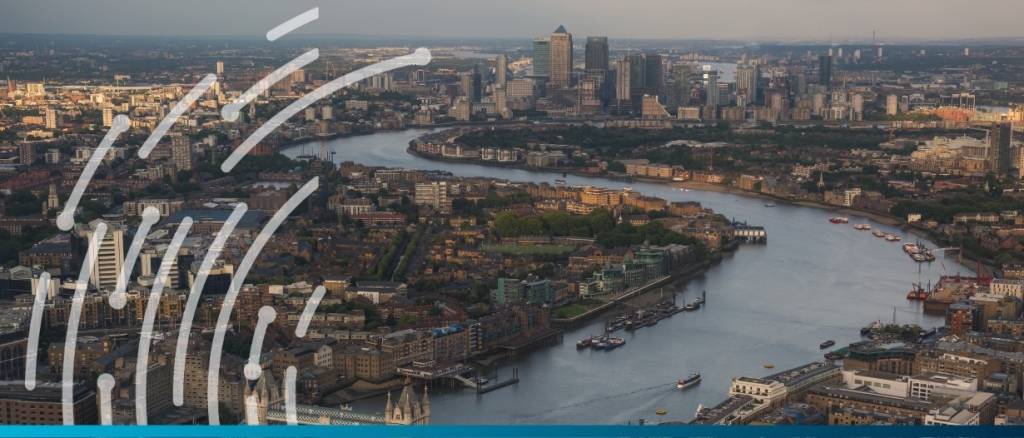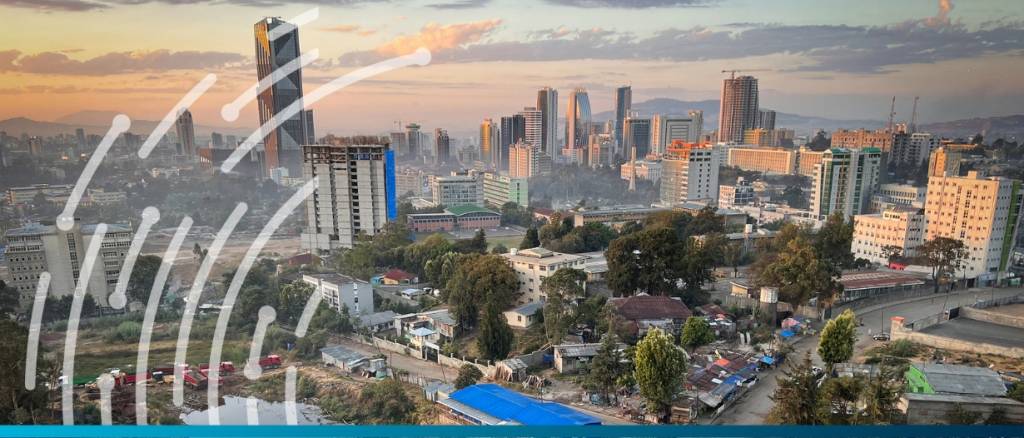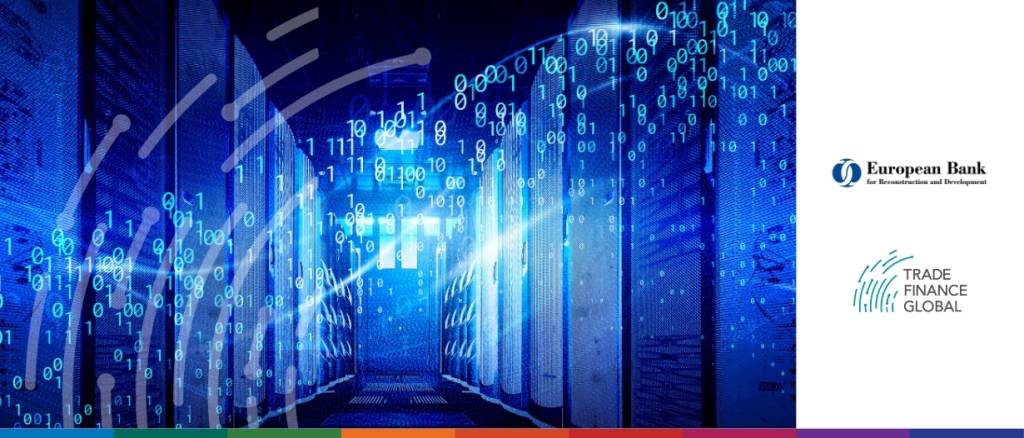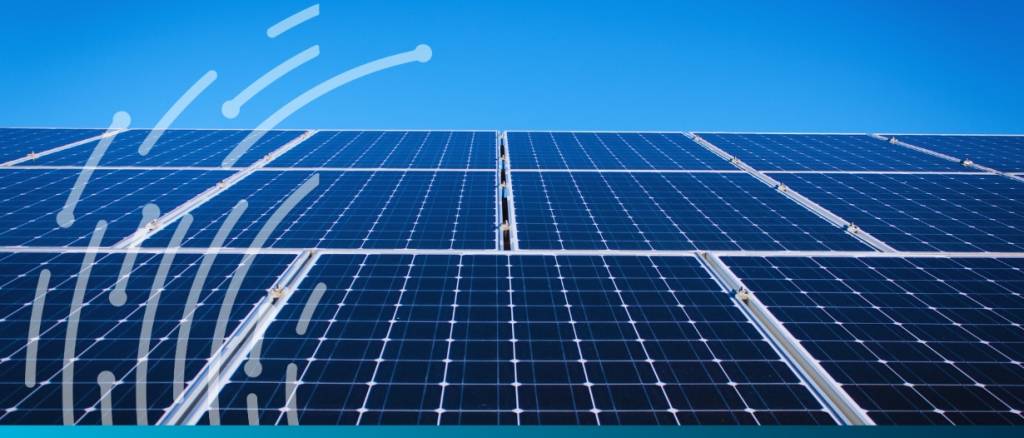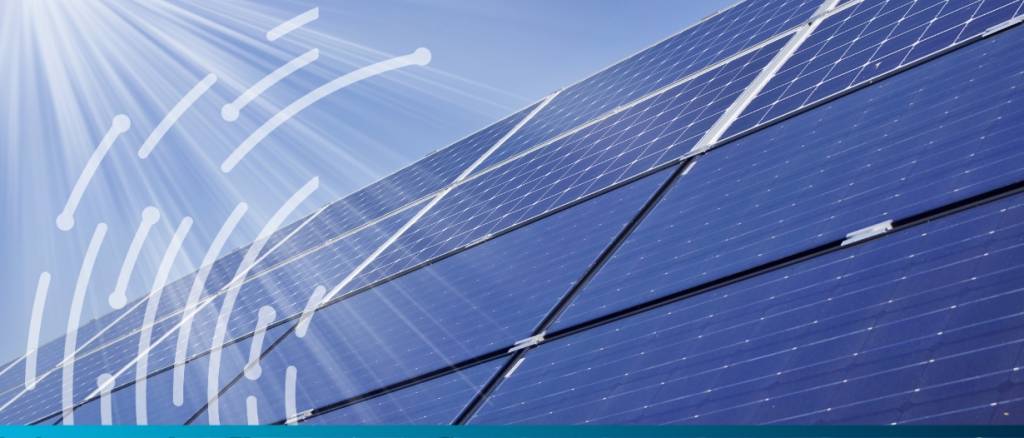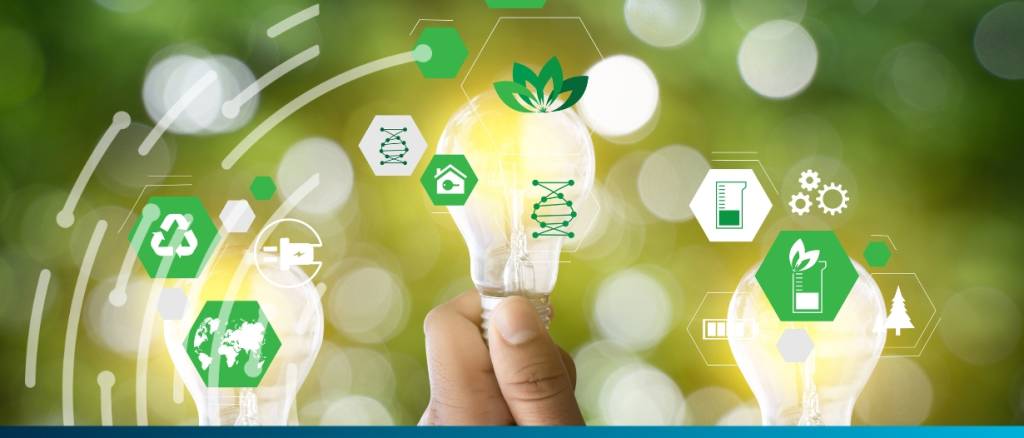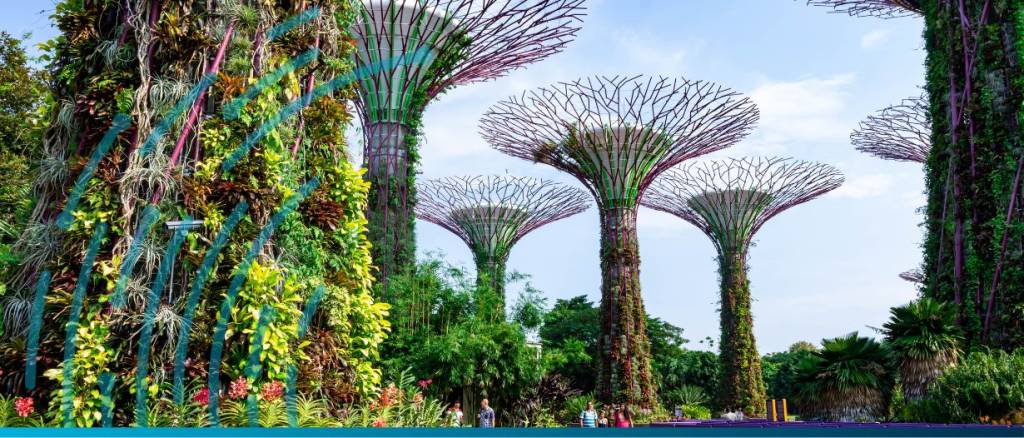After 17 years of negotiating its ascension, Comoros has become the 165th member of the World Trade Organization (WTO) as of 21 August 2024. Comoros also accepted the WTO Agreement on Fisheries Subsidies, bringing the total number of acceptances to 82.
India introduced digital Trade Receivable Discounting System (TReDS) platforms in 2017 to help SMEs overcome late payment issues, with three licensed entities expected to reach $25 billion in throughput by FY 2024-25.
In the water sector, a drop in infrastructure financing challenges creates ripples across global markets. Export Development Canada (EDC), Canada’s state-backed export credit agency, has reportedly incurred significant losses after selling loans made to the debt-burdened UK utility Thames Water.
The African Development Bank (ADB) Group has approved a $40 million transaction guarantee facility for Dashen Bank, aimed at enhancing trade finance activities in Ethiopia. Nnenna Nwabufo, Director General, East… read more →
At the EBRD’s Conference on the Digitalisation of International Trade in Morocco 2024, Othmane Saadani, Lawyer and Partner at Saadani & Associates, presented the legal framework for digitalisation of trade in Morocco.
The Standard Chartered loan will be guaranteed by UK Export Finance and Poland’s export credit agency KUKE and supports a solar project in Turkey.
7 August, New York, USA – Standard Chartered announces the successful closing of a six-year USD235 million non-recourse senior secured term green loan facility to fund the development, construction, and operation of a 1.35 million square foot solar photovoltaic manufacturing plant in Wilmer, Texas, USA, for Trinasolar, a leading global renewable company.
International Finance Corporation (IFC) and Citi have signed an agreement to implement a $500 million facility in Mexico.
The European Union (EU) and Singapore have successfully concluded negotiations for a landmark Digital Trade Agreement (DTA), an initiative aimed at setting global standards for digital trade and cross-border data flows.
The agreement, known as the E-Commerce Joint Initiative, was finalised on July 26, 2024, after five years of negotiations involving 90 countries, aiming to eliminate customs duties on digital content















